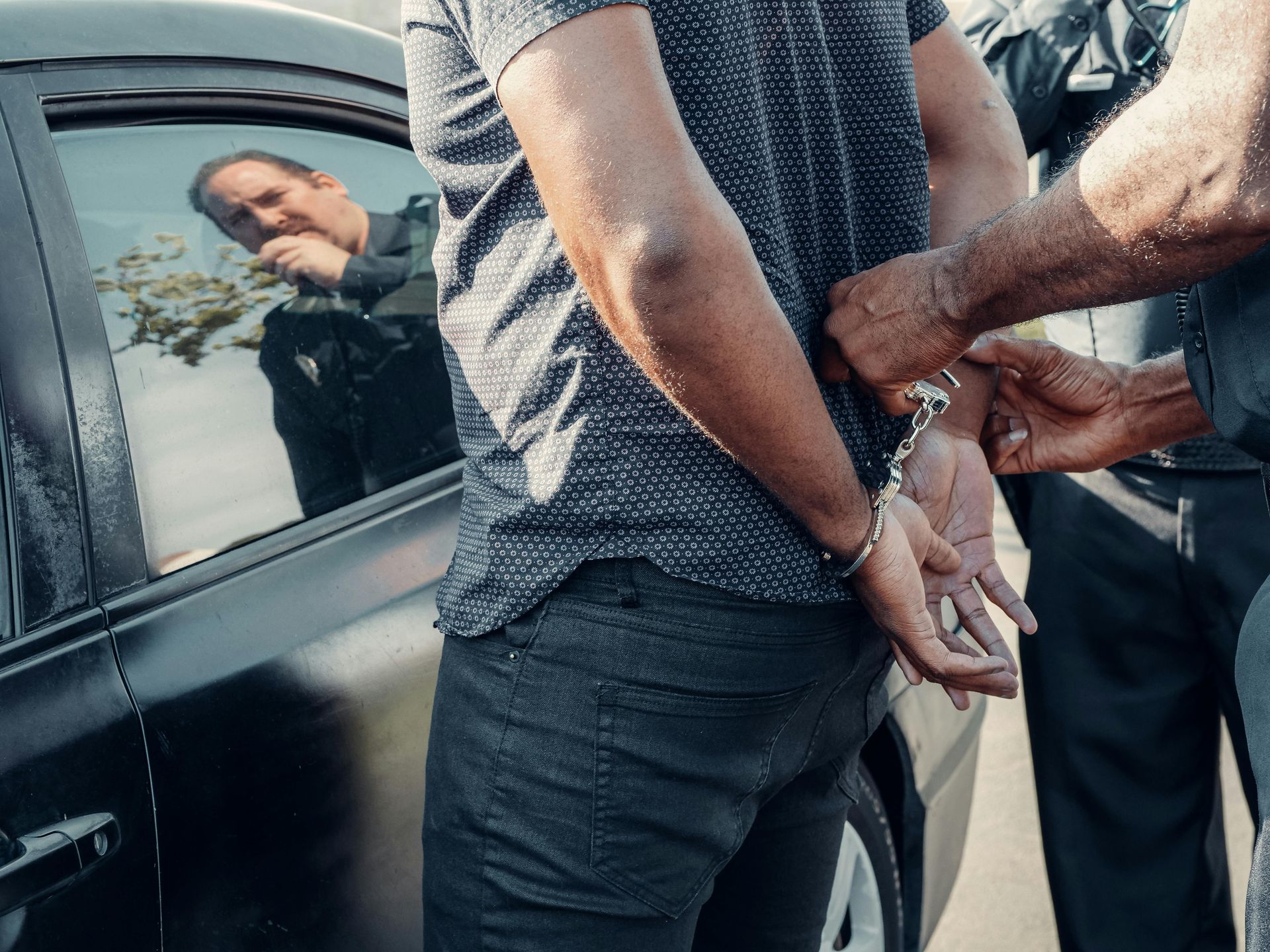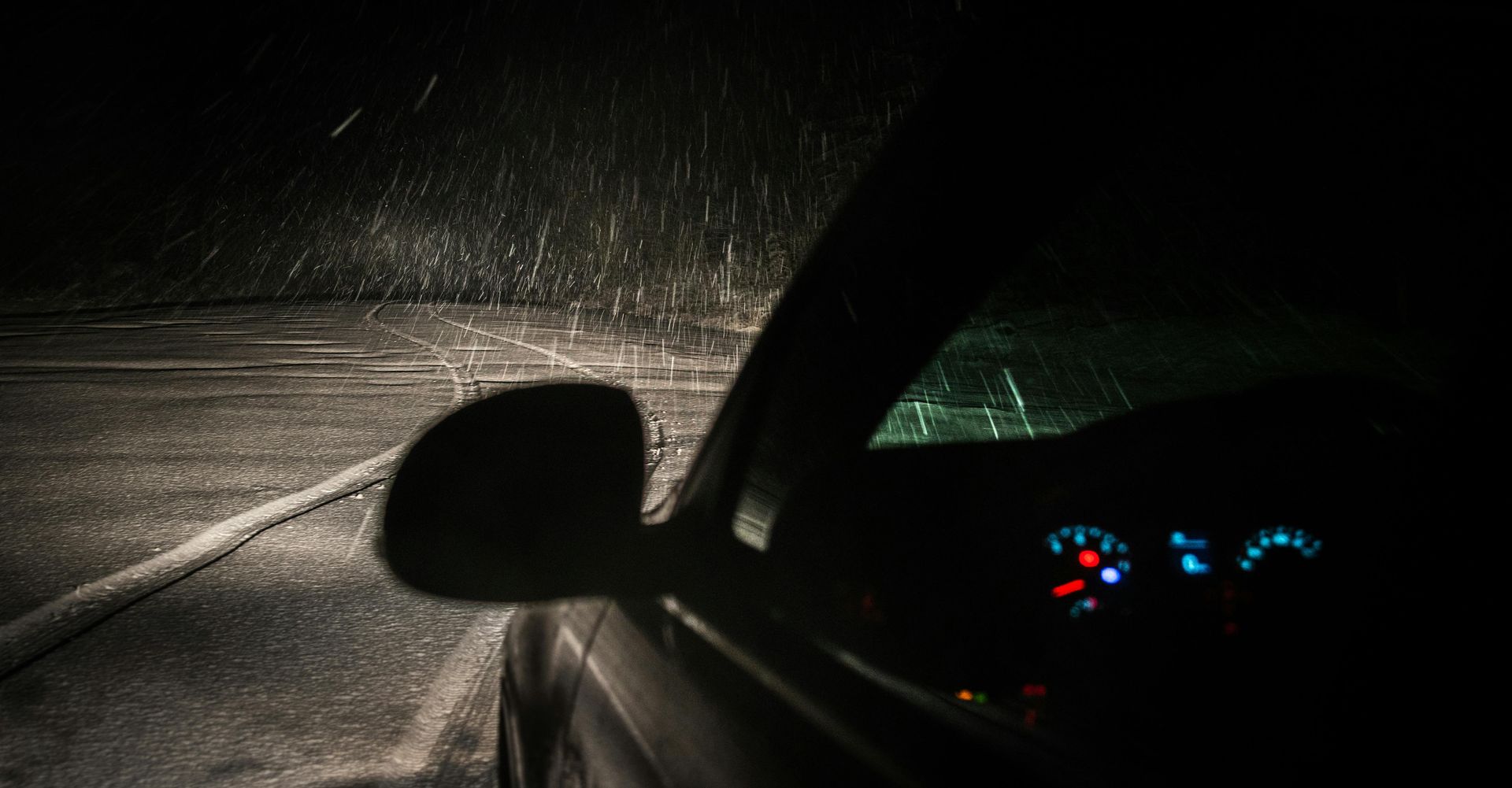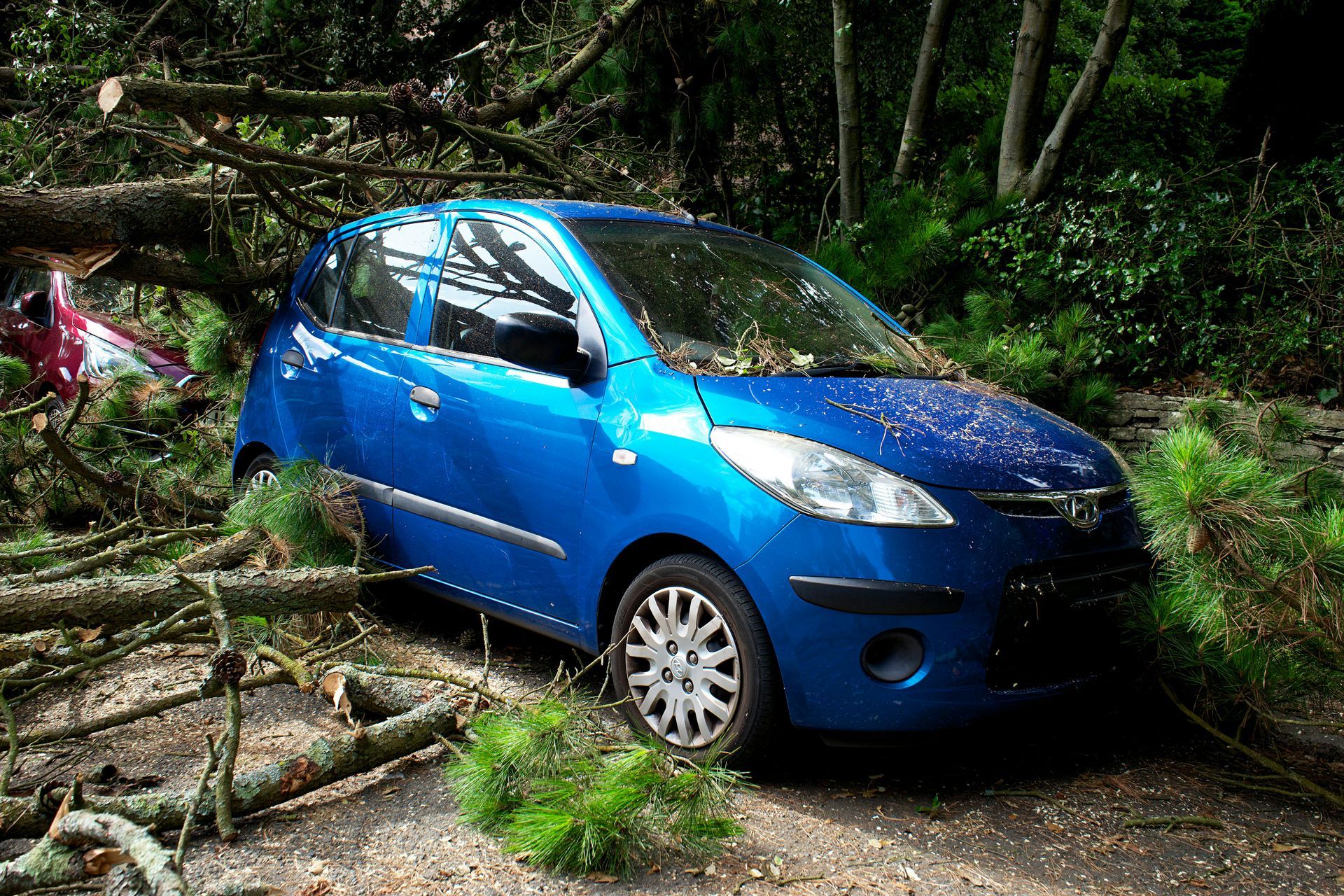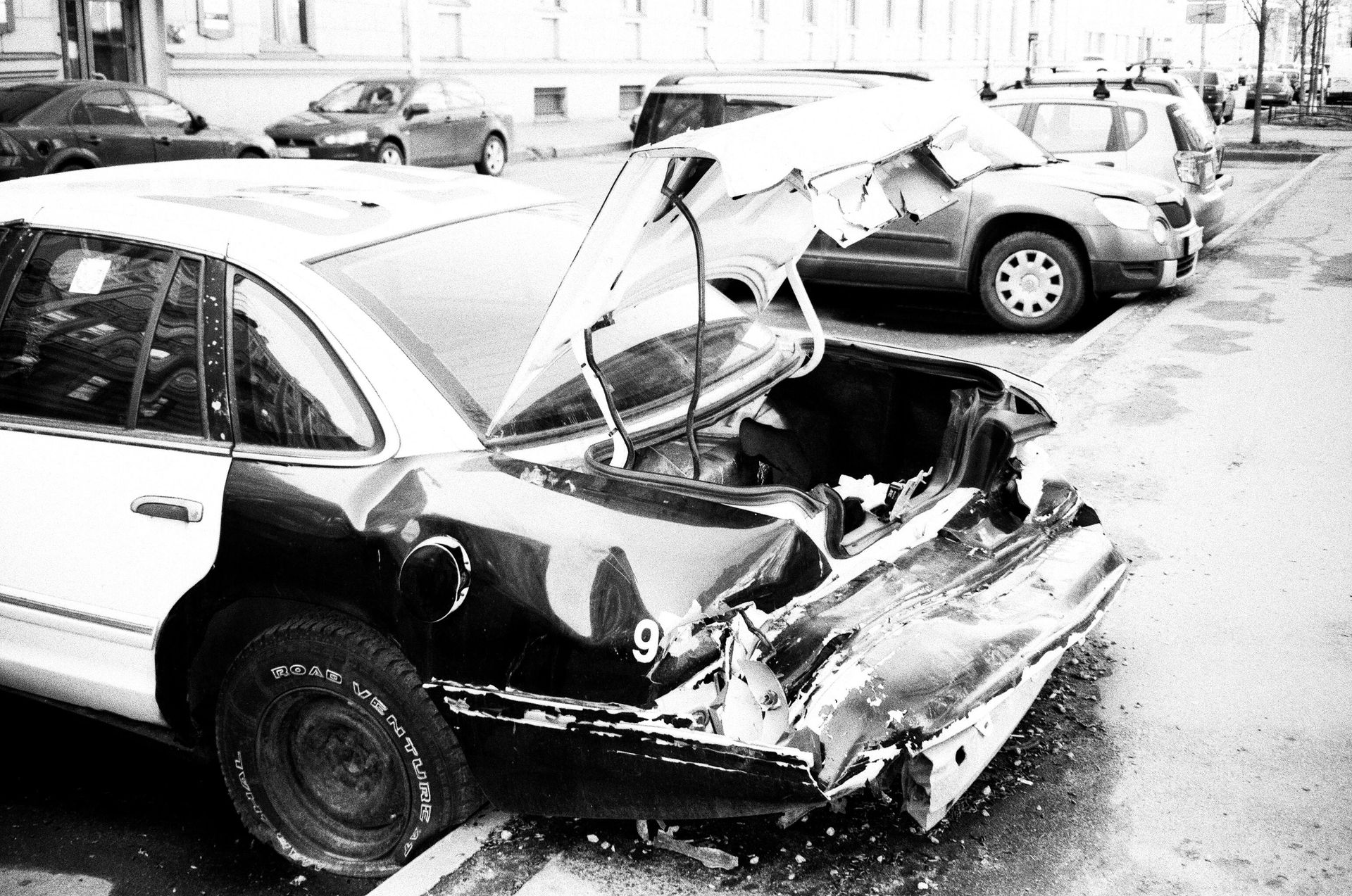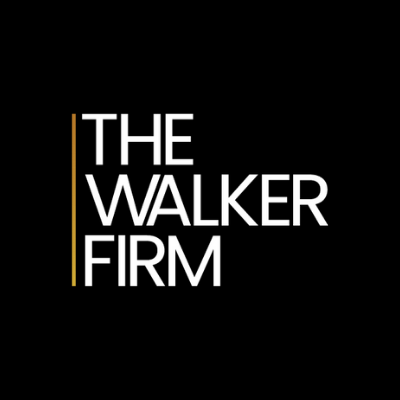The Role of a Police Report in Car Accident Cases in Pennsylvania and Philadelphia
The Cornerstone of Your Claim
When a car accident occurs, a whirlwind of emotions, confusion, and immediate tasks follows. Amidst the chaos, one of the most critical steps you can take is to call the police. The resulting police report, officially known as the Pennsylvania Crash Report, is far more than just a bureaucratic formality. For victims of car accidents in Pennsylvania and particularly in a bustling city like Philadelphia, this document is often the cornerstone of their personal injury claim. It provides an objective, third-party account of the incident that can significantly influence insurance company decisions, liability determinations, and the overall strength of your case. Understanding the importance of this document and what information it contains is essential to protecting your rights and ensuring you can pursue the compensation you deserve.
Michael A. Walker, is the Founding and Award-Winning Principal Attorney of The Walker Firm, and one of Philadelphia and Pennsylvania's Top Attorneys For Car Accidents, Personal Injury and Criminal Defense. Fight Back and Get The Compensation You Deserve.
What is a Pennsylvania Crash Report?
A Pennsylvania Crash Report, or police report, is an official document generated by law enforcement officers who respond to the scene of a car accident. In Philadelphia, this report is typically created by officers from the Philadelphia Police Department. The report details the officer's findings and observations from their investigation at the scene. It is a comprehensive summary of the incident and serves as a vital record for all parties involved, including insurance companies, attorneys, and the courts.
Key Information Found in a Police Report
A well-prepared police report contains a wealth of information that is crucial for a personal injury claim. Here's a breakdown of the key elements you'll find:
- Date, Time, and Location of the Accident: This provides the basic facts of when and where the collision occurred. This information helps to establish the timeline and jurisdiction for any legal proceedings.
- Parties and Vehicles Involved: The report identifies all drivers, passengers, and pedestrians involved in the crash. It includes their names, contact information, addresses, driver's license numbers, and insurance policy details. This information is essential for communication and filing claims.
- Witness Information: If a police officer speaks to any witnesses at the scene, their names and contact information will be included in the report. Witness testimonies can be incredibly valuable, as they provide an unbiased perspective on what happened.
- Description of the Crash: This section details the officer's narrative of how the accident unfolded. It describes the sequence of events, including the direction of travel for each vehicle, and the points of impact. It may also include a diagram or sketch of the accident scene.
- Traffic Citations and Violations: The report will note if any of the drivers were issued a traffic citation, such as a ticket for speeding, running a red light, or reckless driving. A citation or a finding of a traffic violation can be strong evidence of fault.
- Officer's Opinion of Fault: While not always conclusive, the police officer's opinion regarding who was at fault for the accident is a significant factor. It’s important to note that a police officer's opinion on fault is not binding in a court of law but is highly persuasive to insurance adjusters.
- Documentation of Injuries and Damage: The report will document any visible injuries sustained by the occupants and the extent of the damage to the vehicles. This initial documentation can corroborate your claim of injuries and property damage.
- Road and Weather Conditions: The report will include details about the weather, road surface conditions (e.g., wet, icy, dry), and any other factors that may have contributed to the accident, such as a lack of traffic signals or poor visibility.
How a Police Report Impacts Your Car Accident Claim
The information contained within the police report is used by various parties to evaluate and process your claim.
Insurance Companies: When you or your attorney files a claim with the insurance company, the first document they will request is the police report. Insurance adjusters rely heavily on the report's details to determine liability. A report that places fault on the other driver can expedite the claims process and strengthen your position for a favorable settlement. Conversely, a report that is unfavorable to your position can make it more challenging to secure the compensation you deserve.
Determining Liability: In Pennsylvania, which follows a modified comparative negligence rule, the police report is a key piece of evidence used to establish the percentage of fault assigned to each party. If the report indicates the other driver was 100% at fault (for example, by citing them for running a red light), it significantly simplifies the liability determination.
Supporting Your Testimony: The police report serves as a formal, documented record of the accident. It helps to corroborate your own account of what happened and can be used to counter any conflicting statements made by the other driver.
The Limitations of a Police Report
While incredibly valuable, a police report is not the final word on an accident. It's crucial to understand its limitations:
- It’s an Opinion: The officer’s assessment of fault is based on their investigation at the scene. They did not witness the accident and their opinion can be challenged.
- Potential for Errors: Human error can lead to mistakes in the report. The officer might misspell a name, enter the wrong address, or misinterpret a witness statement. It's important to review the report for accuracy.
- Incomplete Information: An officer may not have all the facts, especially if key witnesses have left the scene or if an injured party was taken away before they could provide a statement.
The Importance of Reviewing and Correcting the Report
Once you obtain a copy of the police report, you should review it carefully for any inaccuracies. If you find an error, you may be able to contact the police department that filed the report and request a correction or a supplementary report. This step can be critical, especially if an error in the report is being used to deny or devalue your claim.
The Role of an Attorney
This is where a skilled car accident attorney, like Michael A. Walker, becomes invaluable. An experienced attorney knows how to use a police report to your advantage. They will:
- Analyze the Report: A legal professional can dissect the report, identifying its strengths and weaknesses in relation to your case.
- Corroborate Information: They will use the report to gather additional evidence, such as contacting witnesses, obtaining surveillance footage, and hiring accident reconstruction experts if necessary.
- Challenge Inaccuracies: If the report contains errors or presents a skewed view of the accident, an attorney can work to challenge its contents and provide a more accurate account.
- Handle Communications: They will use the report when communicating with insurance adjusters, leveraging its contents to negotiate a fair settlement.
Conclusion
The police report is a fundamental piece of evidence in any car accident case in Pennsylvania and Philadelphia. It provides a structured, detailed account of the incident that can significantly influence the outcome of your claim. While it's not the only factor, its contents can establish liability, support your narrative, and provide the initial framework for your case.
However, the complexities of accident reports and Pennsylvania law require the expertise of a seasoned professional. Don't leave your recovery to chance. Michael A. Walker, is the Founding and Award-Winning Principal Attorney of The Walker Firm, and one of Philadelphia and Pennsylvania's Top Attorneys For Car Accidents, Personal Injury and Criminal Defense. With his award-winning experience, The Walker Firm will help you Fight Back and Get The Compensation You Deserve. If you've been in a car accident, contact us to ensure the police report and all other aspects of your case are handled correctly.
Disclaimer: This blog post is intended for informational purposes only and does not constitute legal advice or create an attorney-client relationship. 1 Auto accident and insurance laws in Pennsylvania are complex and fact-specific. You should consult with a qualified Pennsylvania personal injury attorney regarding your particular situation. Contact The Walker Firm for personalized legal counsel.

